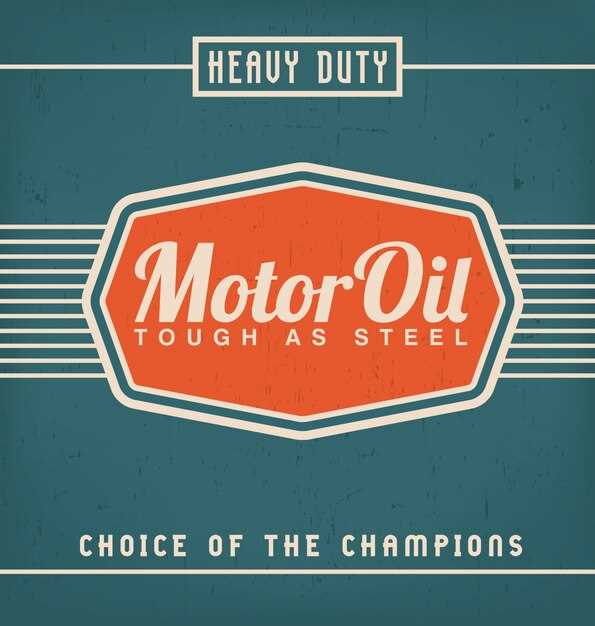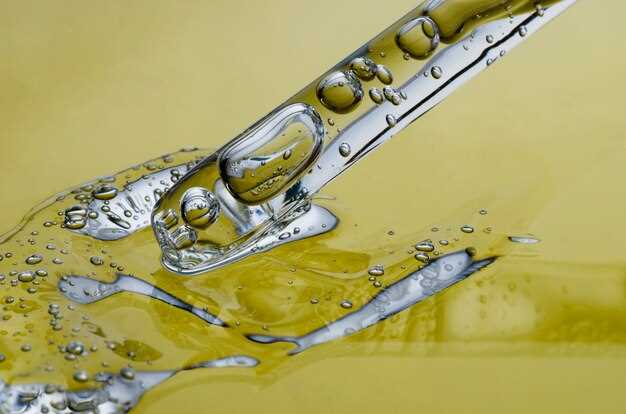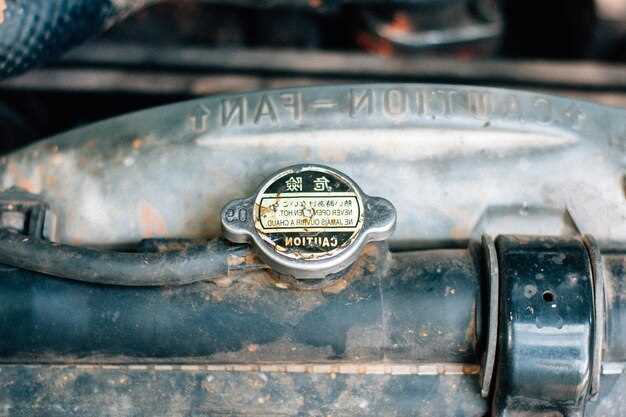
The care and maintenance of vintage engines require a specialized approach, particularly when it comes to selecting the right type of oil. Engines from the 1970s were designed with different materials and tolerances compared to modern engines, making it essential for enthusiasts and restorers to understand what oil types are most suitable for these classic machines.
Choosing the correct oil not only ensures optimal performance but also extends the lifespan of these vintage engines. In this article, we will explore various types of oils that cater specifically to the unique requirements of 1970s vintage engines, highlighting their benefits and potential drawbacks. From conventional oils to synthetic variants, understanding the distinctions will help make an informed choice.
In the realm of vintage engine care, viscosity ratings, additive packages, and base oil formulations play a critical role. By delving into the characteristics of the best oil types for your 1970s engine, you can optimize its performance and maintain its integrity for years to come. Join us as we uncover the ideal oil options tailored specifically for these iconic relics of automotive history.
Choosing the Right Viscosity for Vintage Engines

Selecting the appropriate oil viscosity for vintage engines is crucial for maintaining optimal performance and longevity. Vintage engines, particularly those from the 1970s, were designed with different tolerances and requirements compared to modern engines. This necessitates a careful consideration of the oil type and viscosity to ensure proper lubrication and protection.
The viscosity rating of oil indicates its resistance to flow at various temperatures. For most vintage engines, a multi-viscosity oil, such as 10W-30 or 20W-50, is often recommended. These types provide good flow at low temperatures while maintaining sufficient thickness at high temperatures, which is essential for safeguarding engine components during operation.
Using a higher viscosity oil, like 20W-50, is particularly beneficial in worn engines due to its thicker formulation, which can help reduce oil consumption and prevent leaks. However, it is important to consult the owner’s manual or manufacturer specifications, as some engines may require specific viscosity ratings for optimal performance.
In colder climates, a lower viscosity oil may be preferable to ensure easy starting and adequate lubrication during initial engine turnover. Conversely, in hotter environments, the selected oil type should offer enough viscosity to handle increased heat without breaking down, preserving engine life.
Regular oil changes and monitoring of oil levels and condition can further enhance the performance of vintage engines, aiding in the longevity and reliability of these classic machines. Ensuring the right oil viscosity is just one step in the overall maintenance of a vintage engine, but it plays a vital role in preserving its mechanical integrity.
Synthetic vs. Conventional Oils: What Works Best?
When it comes to selecting the right oil type for vintage engines from the 1970s, the debate between synthetic and conventional oils is significant. Understanding the differences between these oil types can help ensure optimal performance and longevity for classic vehicles.
Conventional oils are derived from crude oil and have been the traditional choice for many vintage cars. They provide adequate lubrication and protection for older engines, particularly since they were formulated for the specifications common in that era. These oils tend to contain a higher amount of additives, which can help in controlling engine deposits. However, as engines age, they may require more frequent oil changes due to breakdown and contamination.
Synthetic oils, on the other hand, are chemically engineered products designed to offer superior performance and protection compared to their conventional counterparts. They provide better viscosity stability across a wide temperature range, which can be beneficial for vintage engines that may experience varying operating conditions. Additionally, synthetic oils tend to have excellent cleansing properties, reducing sludge build-up and offering enhanced wear protection.
It is important to consider the unique characteristics of vintage engines when choosing between these oil types. Many 1970s engines were not designed with the same tolerances as modern ones, which might make certain synthetic oils unsuitable. Some synthetic formulations can be too thin, potentially leading to insufficient lubrication in older engines. However, there are synthetic blends available specifically designed for classic cars that can provide the right balance of performance and protection.
Ultimately, the best oil type for a vintage engine largely depends on the specific requirements of the vehicle. Owners should consult their owner’s manual or a professional mechanic familiar with vintage vehicles to determine the most appropriate oil type. By making an informed choice, you can help preserve the integrity of your classic car while ensuring it runs smoothly.
Maintaining Oil Quality for Optimal Engine Performance

Ensuring the quality of oil in 1970s vintage engines is crucial for preserving their performance and longevity. The type of oil selected directly impacts how well the engine operates, affecting its efficiency and wear over time. Vintage engines often require specific oil types that cater to their unique design and material composition.
Regular oil changes are essential to maintain oil quality. Over time, oil becomes contaminated with debris and loses its viscosity, reducing its ability to lubricate effectively. For vintage engines, using high-quality conventional or synthetic oils that meet the manufacturer’s specifications can help retain optimal performance. It is important to consult the owner’s manual for the recommended oil type to ensure compatibility.
Monitoring oil levels is another critical aspect of maintaining oil quality. Low oil levels can lead to inadequate lubrication, causing excessive wear and potential damage. Regularly checking the dipstick and topping up with the same type of oil helps in maintaining a stable oil quality, contributing to overall engine health.
Lastly, using additives designed for vintage engines can enhance oil performance. These additives can improve oxidation resistance and reduce the formation of harmful sludge. By choosing the right type of oil and incorporating proper maintenance habits, vintage car enthusiasts can ensure their engines run smoothly and efficiently for years to come.











